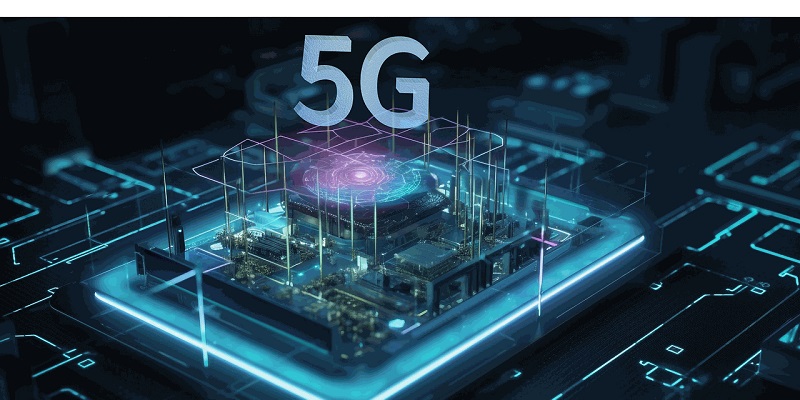In this era of rapid technological advancements, 5G has emerged as a game-changer, revolutionizing the way we live, work, and interact with the digital world. With its lightning-fast speeds, low latency, and massive device connectivity, 5G has opened up new possibilities and unleashed the full potential of our digital ecosystem.
Lightning-Fast Speeds
At the heart of 5G lies its unparalleled speed. With peak download speeds of up to 20 Gbps, 5G is approximately 100 times faster than its predecessor, 4G. This dramatic increase in speed has transformed the way we consume media, stream videos, and download files. Buffer-free streaming of 4K or even 8K videos has become a reality, and downloading large files now takes mere seconds. Moreover, online gaming experiences have been elevated to new heights with seamless connectivity and minimal lag, thanks to 5G’s incredible speed.
Ultra-Low Latency
Beyond speed, 5G boasts ultra-low latency, typically below 1 millisecond (ms). Latency refers to the time taken for data to travel between devices. With such minimal latency, 5G has revolutionized applications that require split-second responsiveness. One area that benefits immensely from low latency is autonomous vehicles. With self-driving cars relying on communication between each other and with traffic infrastructure, 5G enables almost instantaneous communication, making roads safer and navigation more efficient.
Impact on Autonomous Vehicles
The revolution brought about by 5G extends to the realm of autonomous vehicles. With its ultra-low latency, self-driving cars can communicate with each other and with traffic infrastructure in real time. This enables instant sharing of critical information, such as road conditions or potential hazards, creating a seamless and safer driving experience. As autonomous vehicles become more prevalent, 5G will play a crucial role in shaping the future of transportation.
Massive Device Connectivity
5G doesn’t just offer speed and low latency; it also supports a massive number of connected devices. With its advanced architecture, 5G can accommodate up to one million devices per square kilometer. This unprecedented connectivity is instrumental in realizing the full potential of the Internet of Things (IoT). From smart homes to industrial automation, 5G’s massive device connectivity amplifies the capabilities of IoT devices and enables seamless integration into our daily lives.
Internet of Things (IoT) Advancements
The IoT has seen significant advancements thanks to 5G’s massive device connectivity. With the ability to connect diverse devices, ranging from sensors and cameras to appliances and vehicles, 5G strengthens the capabilities and potential of the IoT. Real-time data collection, analysis, and response become more efficient and reliable, empowering industries such as healthcare, agriculture, and logistics. With 5G, the IoT evolves from a concept to a tangible and transformative force.
Enabling Emerging Technologies
5G serves as the fundamental foundation for emerging technologies such as augmented reality (AR), virtual reality (VR), and smart cities. These technologies are built on the backbone of 5G, leveraging its lightning-fast speeds, low latency, and massive device connectivity. AR and VR experiences become truly immersive and seamless, while smart cities harness the power of 5G to optimize resource management, enhance communication, and improve the overall quality of life.
Addressing Pressing Challenges
Beyond its immediate benefits, 5G plays a pivotal role in addressing some of the world’s most pressing challenges. From energy-efficient transportation systems to optimized resource management, 5G enables innovative solutions that contribute to a sustainable future. Smart grids powered by 5G facilitate more efficient energy distribution, while intelligent waste management systems ensure optimal resource utilization. With 5G as a catalyst, we are better equipped to tackle the environmental and societal issues that define our times.
The arrival of 5G represents a monumental shift in our digital landscape. Its lightning-fast speeds, low latency, and massive device connectivity are transforming the way we live and interact with technology. From seamless streaming and instant downloads to the advancement of autonomous vehicles and the IoT, 5G is reshaping industries and unlocking new possibilities. As we leverage the capabilities of 5G to enable emerging technologies and tackle pressing challenges, we stand at the cusp of an exciting and transformative era.

